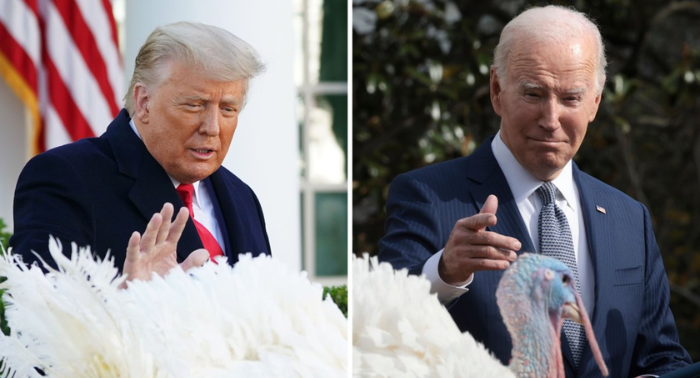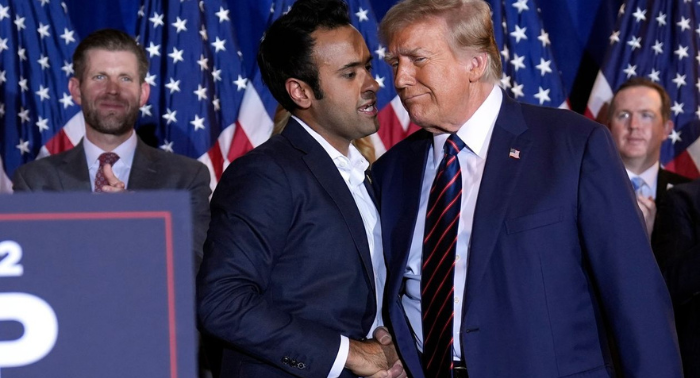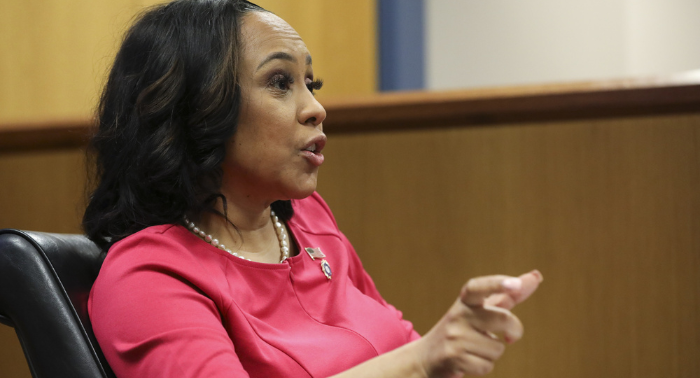On Monday, uncertainty loomed over a proposed U.S. aid package for Ukraine and potential changes to Mexican border policies as Congress reconvened. Senate negotiators grappled with reaching a consensus, while House Republicans aimed to introduce stringent immigration demands.
The Senate’s negotiation team convened with hopes of finalizing a bipartisan bill to decrease migrant influx at the southern U.S. border. However, unresolved disagreements by day’s end suggested a delay in reaching an agreement.
Senator James Lankford, a leading Republican negotiator, highlighted the presence of numerous unresolved issues, indicating a complex negotiation process.
The discussions, ongoing for months, have seen Republicans firmly demanding the linking of border policy reforms with additional Ukraine support.
The Biden administration, actively involved in these negotiations, seeks to secure aid for Ukraine’s defense against Russia while addressing the surge in asylum seekers at the U.S.-Mexico border. A recent CBS poll showed a significant public concern over the border situation under President Biden’s administration.
Biden’s request for $110 billion in wartime aid for Ukraine and other national security priorities, including Israel’s conflict with Hamas in Gaza, has met strong opposition from conservatives. Senate Republicans insist on combining this funding with major border security enhancements.
Senate Republican Leader Mitch McConnell emphasized the importance of this opportunity to advance border security significantly.
House conservatives, however, criticized proposals that do not align with their strict border measures. Some, aligned with former President Donald Trump, suggested opposing any bipartisan bill that would allow President Biden to sign a border bill in an election year.
House Speaker Mike Johnson, after a recent visit to a Texas border city with fellow Republicans, reinforced his commitment to include border policy changes in the Ukraine funding package, labeling the House’s bill as essential.
Despite reaching an agreement on overall spending figures to prevent a government shutdown, congressional leaders did not address border policies or Ukraine aid. Some House conservatives even considered leveraging a government shutdown in border policy negotiations.
White House Press Secretary Karine Jean-Pierre urged Republicans to avoid a government shutdown and address critical domestic and national security funding, including the president’s supplemental requests.
The White House continues to push for supplemental aid for Ukraine, stressing the necessity for U.S. support to maintain Ukraine’s defense capabilities.
Senator Chris Murphy, a Democrat leading his party’s negotiations, expressed frustration over the stalled progress, emphasizing the urgency of the situation in Ukraine.
Regarding the deadline for Ukraine funding, Johnson referenced a conversation with Ukrainian President Volodymyr Zelenskyy, indicating the need for funds by February.
In the Senate, negotiators acknowledged that the final agreement might not include all conservative demands. Senator Kyrsten Sinema, playing a central role in the talks, focused on a bill that would pass both congressional chambers and receive the president’s approval.
A significant point of contention in the negotiations is the White House’s effort to maintain humanitarian parole, which has allowed thousands from countries like Venezuela, Nicaragua, Cuba, and Haiti entry into the U.S.
Senator John Cornyn voiced concerns over the political and practical implications of fixing asylum policies while allowing parole releases.
Negotiators also faced challenges in defining thresholds for new border enforcement measures, drawing similarities to policies from the Trump administration.
The proposed package has faced criticism from the left, particularly regarding potential restrictions on asylum rights. Immigrant advocates planned rallies in Washington to oppose the proposal.
Despite these challenges, Homeland Security Secretary Alejandro Mayorkas, involved in the Senate talks, remained hopeful for legislative fixes to the immigration system and additional funding for border security.
Mayorkas underscored the dynamic and evolving nature of migration, highlighting the outdated state of the current U.S. immigration system.




